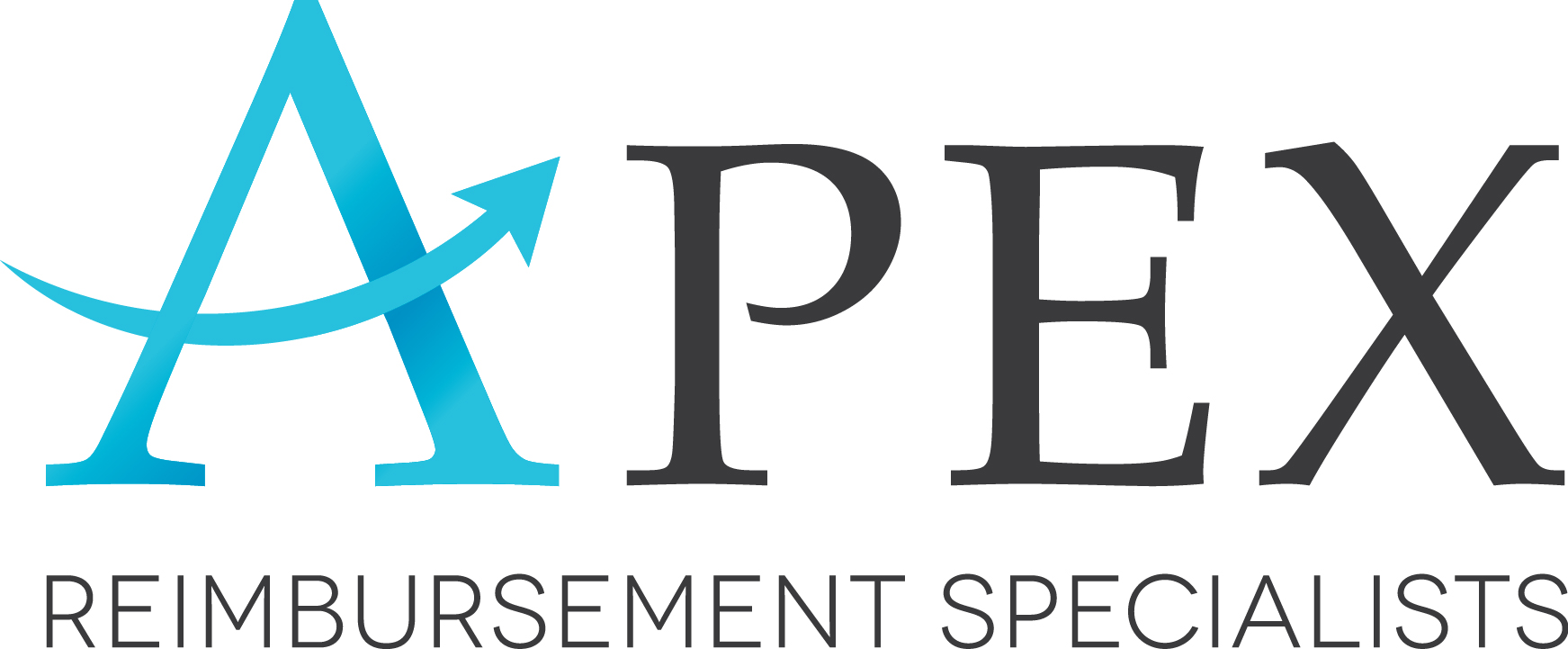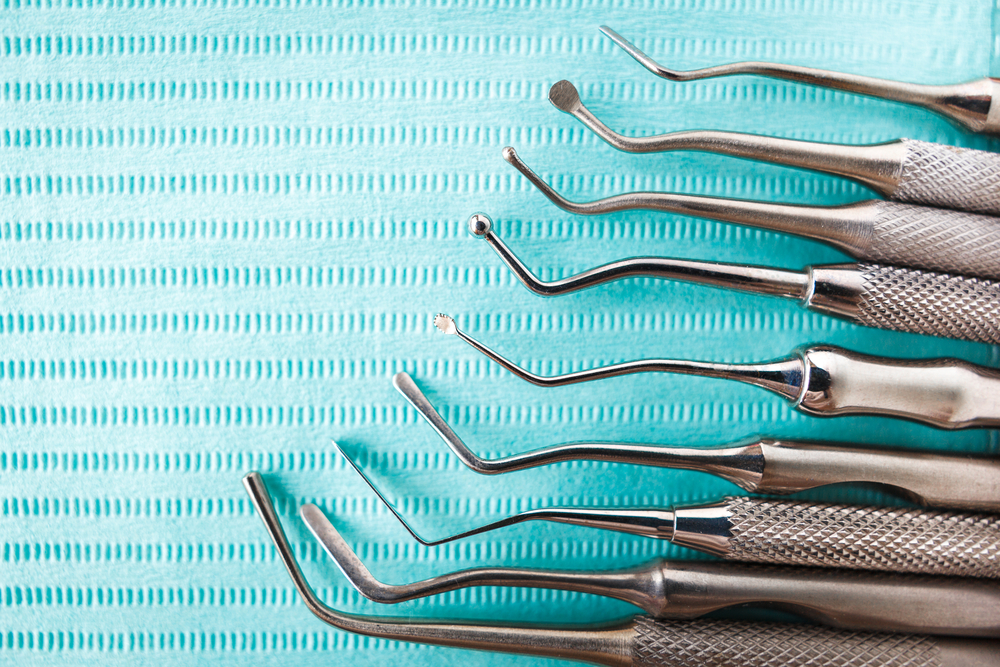While the new year isn’t here yet, it’s never too early to start preparing for the CDT 2020 additions, deletions and alterations at your dental practice. The Code Maintenance Committee reviewed existing codes and developed 37 new codes, 5 revised codes and 6 deleted codes that every practice should update. Remember that while insurance providers are required to recognize the CDT 2020 codes and utilize them, but you are not required to provide benefits they may not extend coverage for new or revised codes. The CDT 2020 codes will be going into effect on January 1, 2020.
Added Codes
As with the code additions last year, many of the new and revised codes are designed to emphasize the connection between overall health and oral health. The mouth plays a vital role in the physical health of every individual, and more codes will allow dentists to assert their role as important physicians for every patient. One such code is 0419- assessment of salivary flow by measurement. This code allows dentists to bill for the assessment of a patient’s health through measuring salivary flow. Other notable additions were made to assist with case management for patients with special or more complex healthcare needs.
All of the notable additions include:
- 0419 – assessment of salivary flow by measurement
- D1551 – re-cement or re-bond bilateral space maintainer – maxillary
- D1552 – re-cement or re-bond bilateral space maintainer – mandibular
- D1553 – re-cement or re-bond unilateral space maintainer – per quadrant
- D1556 – removal of fixed unilateral space maintainer – per quadrant
- D1557 – removal of fixed bilateral space maintainer – maxillary
- D1558 – removal of fixed bilateral space maintainer – mandibular
- D2753 – crown – porcelain fused to titanium and titanium alloys
- D5284 – removable unilateral partial denture – one piece flexible base (including clasps and teeth) – per quadrant
- D5286 – removable unilateral partial denture – one piece resin (including clasps and teeth) – per quadrant
- D6082 – implant supported crown – porcelain fused to predominantly base alloys
- D6083 – implant supported crown – porcelain fused to noble alloys
- D6084 – implant supported crown – porcelain fused to titanium and titanium alloys
- D6086 – implant supported crown – predominantly base alloys
- D6087 – implant supported crown – noble alloys
- D6088 – implant supported crown – titanium and titanium alloys
- D6097 – abutment supported crown – porcelain fused to titanium and titanium alloys
- D6098 – implant supported retainer – porcelain fused to predominantly base alloys
- D6099 – implant supported retainer for FPD – porcelain fused to noble alloys
- D6120 – implant supported retainer – porcelain fused to titanium and titanium alloys
- D6121 – implant supported retainer for metal FPD – predominantly base alloys
- D6122 – implant supported retainer for metal FPD – noble alloys
- D6123 – implant supported retainer for metal FPD – titanium and titanium alloys
- D6195 – abutment supported retainer – porcelain fused to titanium and titanium alloys
- D6243 – pontic – porcelain fused to titanium and titanium alloys
- D6753 – retainer crown – porcelain fused to titanium and titanium alloys
- D6784 – retainer crown ¾ – titanium and titanium alloys
- D7922 – placement of intra-socket biological dressing to aid in hemostasis or clot stabilization, per site
- D8696 – repair of orthodontic appliance – maxillary
- D8697 – repair of orthodontic appliance – mandibular
- D8698 – re-cement or re-bond fixed retainer – maxillary
- D8699 – re-cement or re-bond fixed retainer – mandibular
- D8701 – repair of fixed retainer, includes reattachment – maxillary
- D8702 – repair of fixed retainer, includes reattachment – mandibular
- D8703 – replacement of lost or broken retainer – maxillary
- D8704 – replacement of lost or broken retainer – mandibular
- D9997 – dental case management – patients with special health care needs
Deleted Codes
Many of the deleted codes were removed to allow for greater specificity with new CDT 2020 codes. For example, D8693- re-cement or re-bond of fixed retainerhas been broken into two new codes, D8698- re-recent or re-bond of fixed retainer—maxillaryand D8699- re-cement or re-bond of fixed retainer—mandibular.
The deleted codes include:
- D1550 – re-cement or re-bond space maintainer
- D1555 – removal of fixed space maintainer
- D8691 – repair of orthodontic appliance
- D8692 – replacement of lost or broken retainer
- D8693 – re-cement or re-bond fixed retainer
- D8694 – repair of fixed retainers, includes reattachment
Updated Codes
There are only three code revisions this year, all of which are intended to allow dentists more clarity and specificity when coding.
- D1510 space maintainer – fixed, unilateral – per quadrant. Excludes a distal shoe space maintainer.
- D1520 space maintainer – removable, – unilateral – per quadrant
- D1575 distal shoe space maintainer – fixed – unilateral – per quadrant fabrication and delivery of fixed appliance extending subgingivally and distally to guide the eruption of the first permanent molar. Does not include ongoing follow-up or adjustments, or replacement appliances, once the tooth has erupted.
The Latest CDT 2020 Information from APEX Reimbursement Specialists
The experts at APEX Reimbursement Specialists can help you to explore the best options for your continued growth and sustained success. Contact our team today by calling (410) 710-6005. We look forward to working with you to make your practice a more profitable place.

